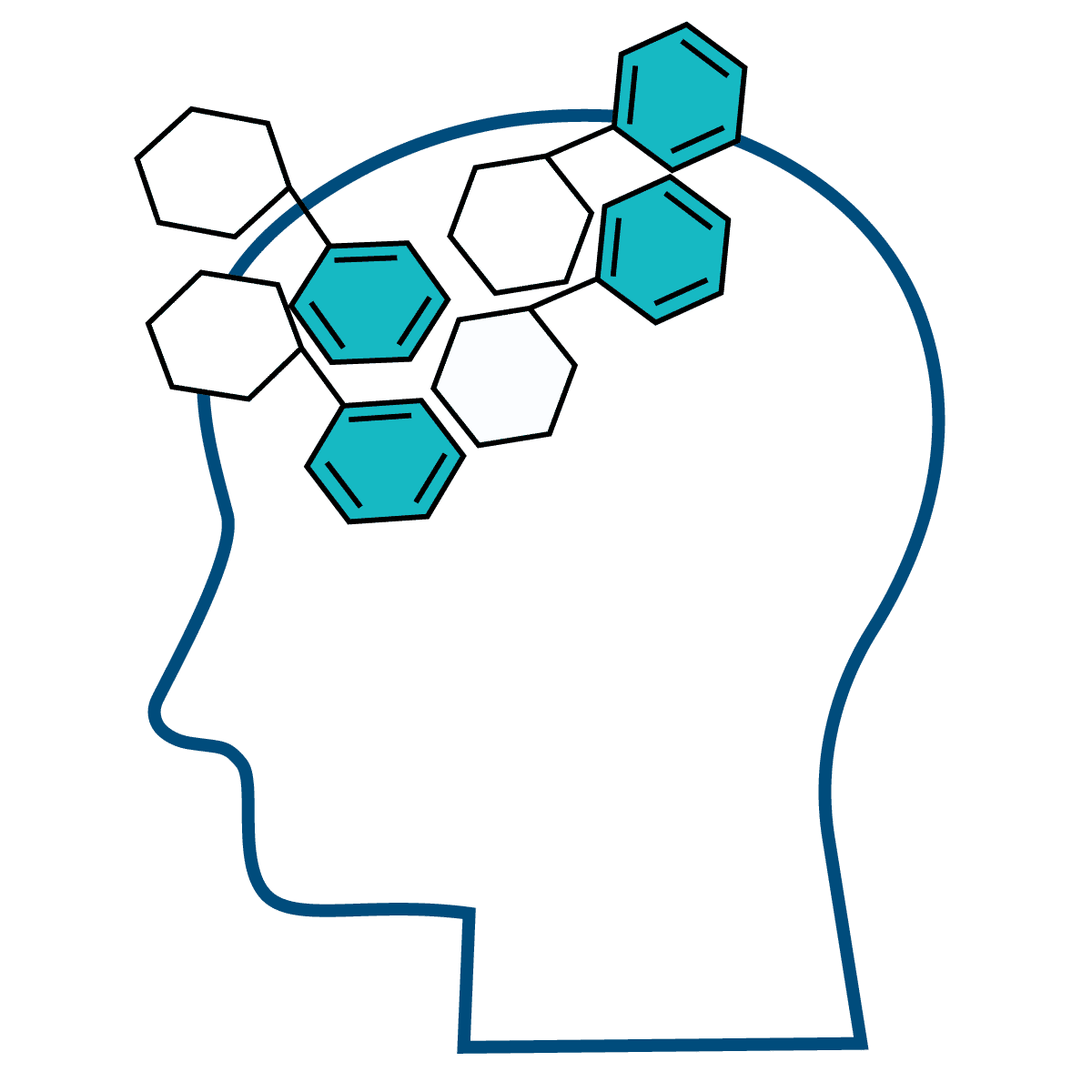Suicide is a leading cause of death in the United States. According to a 2020 study, there is an average of one death every eleven minutes to suicide. The number of Americans who think about suicide is even higher. In 2020, 12.2 million Americans contemplated or thought about taking their own life.
In many cases, patients who think about or commit suicide struggle with
mental health disorders that didn’t improve with standard psychiatric treatment.
Ketamine infusion therapy has been proven to diminish suicidal thoughts by rapidly improving nerve connections and the function of neurotransmitters in the brain. Patients who suffer from suicidal ideation often find relief after their first treatment.
The professionals at Ketamine Wellness Infusions PA are happy to offer ketamine as an alternative treatment option for patients in Philadelphia, Bala Cynwyd, and Doylestown suffering from suicidal ideation.
Continue reading to learn more about
ketamine for suicidal ideation in this article.
If you or someone you know is suffering from suicidal thoughts, call or text the Suicide and Crisis Lifeline at *988.
What is suicidal ideation?
Suicidal ideation refers to thoughts, wishes, and/or plans to commit suicide.
Patients who contemplate suicide are classified as acute or chronic risk. Both classifications depend on the duration, frequency, and intensity of thoughts around suicide.
Acute suicide risk is a moderate or severe risk of committing suicide in the future. Patients who are classified as acute risk have thoughts and contemplations about dying. Most acute-risk patients are diagnosed with passive suicidal ideation, which is a desire to die without a plan to end their life.
Patients classified as a chronic suicide risk have thoughts and are contemplating suicide soon. Unlike patients at acute risk, chronic-risk patients participate in active suicidal ideation. Active suicidal ideation pertains to thoughts and plans to carry out the act of suicide.
Patients who are prone to active suicidal ideation may have harmed themselves previously in the past, have access to firearms, or previously attempted suicide.
Who is Affected by Suicidal Ideation?
Suicidal ideation can affect anyone. One in ten adults ages 18-35 has reported contemplating suicide.
Patients who are more likely to think about suicide have underlying mental health conditions like
anxiety and depression. Other factors that may contribute to suicidal thoughts are:
– Illicit and/or illegal drug use
– Childhood trauma and/or abuse
– PTSD
– Postpartum depression
–
Chronic pain
– Stress
– Family history of suicide
–
Bipolar disorder
– Societal stressors
– Previous suicide attempts
Signs of Suicidal Ideation
Recognizing the signs of suicidal ideation can sometimes be difficult.
Some warning signs of suicidal ideation are:
– Depression
– Expressing feelings of hopelessness and isolation
– Increased use of illicit drugs and/or antidepressants
– Visible signs of self-harm
– Changes in sleeping patterns
– Expressing a desire to die
– Drastic changes in mood or behavior
– Isolation
– Withdrawing from friends, family, and other activities
– Visiting or calling others to say goodbye
– Researching tools or methods for committing suicide
Traditional Treatment Options
Traditional treatment options for suicidal ideation are similar to treatment for
depression, anxiety, and other mood disorders.
Healthcare professionals treat suicidal ideation through psychotherapy, family therapy, substance abuse treatment, lifestyle changes, and/or antidepressants.
While antidepressants may help some patients with depression and anxiety, medication may not be the best treatment option. Patients can use antidepressants as a means of committing suicide.
Unlike traditional treatment options that take weeks or months to relieve symptoms, ketamine therapy has been shown to provide relief from suicidal thoughts for many patients shortly after their first treatment.
Ketamine and Suicidal Ideation
Ketamine is an exceptional option for
treating suicidality. It diminishes symptoms of depression and anxiety while improving cognitive function, problem-solving, and clear thinking.
Standard psychiatric medications take weeks before they improve your symptoms if they help at all. By comparison, ketamine takes effect within 24 hours of your infusion. These quick results are essential when patients are faced with acute or chronic suicidal ideation.
Ketamine produces rapid results by directly affecting the levels of a brain chemical called glutamate. Glutamate helps regulate the nervous system and is responsible for the development and rewiring of new nerve connections and pathways. As ketamine balances glutamate levels, most patients experience a quick improvement in the symptoms caused by suicidal ideation, major depression, and anxiety.
Schedule a Consultation Today
Patients in Philadelphia, Bala Cynwyd, and Doylestown struggling with suicidal thoughts should consider ketamine therapy as an alternative treatment option.
The professionals at Ketamine Wellness Infusions PA are happy to offer
ketamine for suicidal ideation.
Before your visit, our team will work closely with your current provider to develop a treatment plan that compliments your current treatment regimen. After we identify the correct treatment plan, we’ll schedule your first infusion.
Once you complete the initial series of Ketamine infusions, we will speak to your physician about your treatment progress. Working together with your provider will benefit your treatment outcomes, which is our main goal.
Schedule your consultation with us today. We look forward to helping you achieve better days ahead.

